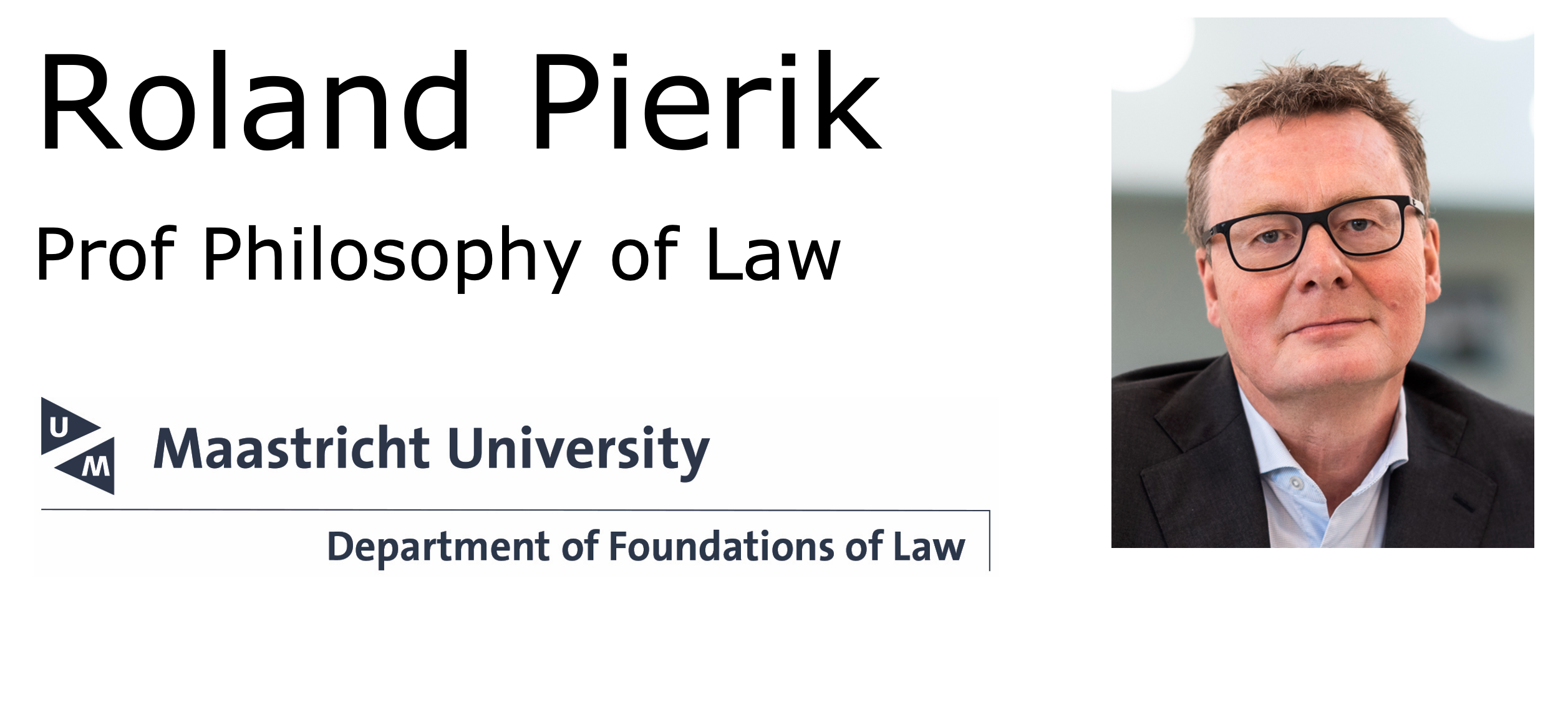Our book Inducing Immunity: Justifying Immunization Policies in Times of Vaccine Hesitancy, co-authored with Marcel Verweij, will be published in 2023 by MIT Press, in Arthur Caplan’s Basic Bioethics series.
This book analyzes the conditions under which a liberal-democratic government should make vaccination against infectious diseases mandatory. We analyze the case of childhood diseases such as measles, polio, and whooping cough, but also the case of vaccination for adults in the Covid-19 context.
Summary
How should liberal-democratic governments regulate collective immunization programs in the face of vaccine hesitancy and refusal? Protection of society against threats from inside and outside is one of the core tasks of government. This also includes promoting herd protection against vaccine-preventable diseases, as a strategy to protect society at large and the basic interests of vulnerable persons (notably children). This book discusses some of the main grounds for people to refuse vaccination for their children or themselves. We argue that, in a liberal democratic society, such concerns can’t be simply pushed aside as irrelevant – also not if such views are based upon misinformation.
The core of this book is a defense of the claim that, in specific circumstances, the state is justified in constraining people’s freedom to forego immunization. The justification builds upon John Stuart Mill’s harm principle, but is also informed by an analysis of legal argumentation in (Western) democratic contexts – especially the principle of proportionality. We propose a novel and comprehensive approach to conditional mandatory immunization that strikes a reasonable balance between respecting fundamental liberty rights on the one hand, and the protection of society and notably the basic interests of children on the other. The policy implications are elaborated in detail. After having developed the core argument and applied it to childhood immunization, we extend our argument to the vaccination of competent adults, taking the Covid-19 pandemic as an illustrative case. Finally, we discuss how governments should deal with the spread of misinformation and vaccine hesitance.

